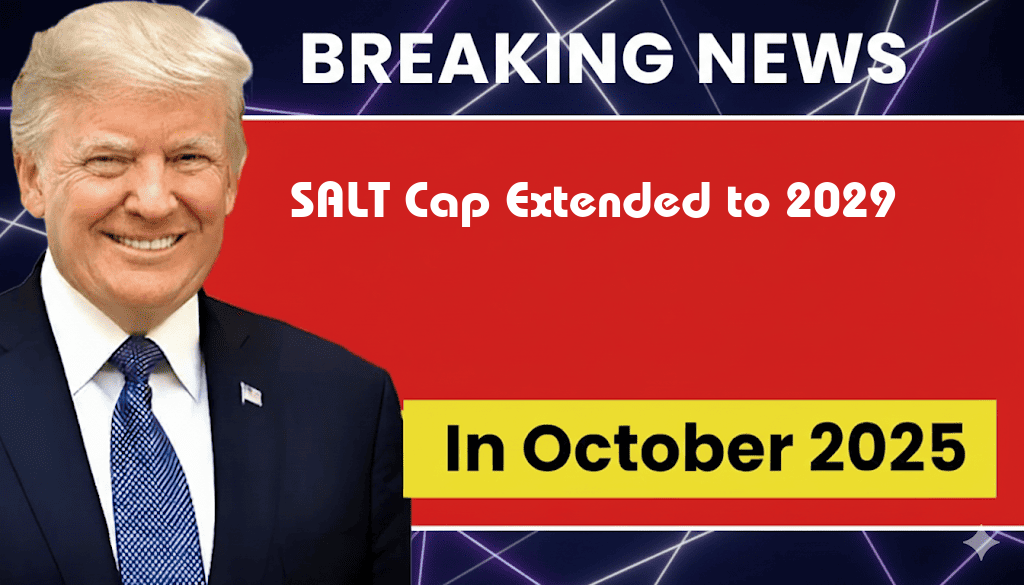

As the clock ticks down to the end of the fiscal year, the future of the Women, Infants, and Children (WIC) program hangs in the balance, threatening to cut essential benefits for millions of families across the United States. The current funding for the WIC program, which provides approximately $440 in monthly benefits for nutritious food to low-income mothers and their children, is set to expire soon. With legislative discussions still ongoing, advocates warn that without immediate action, vulnerable families may face severe food insecurity and health risks, jeopardizing the well-being of both mothers and children. This situation has drawn attention from lawmakers, community organizations, and public health advocates who are urging swift resolution to secure necessary funding for the program.
WIC Program Overview
The WIC program, established in 1972, serves as a critical lifeline for low-income women and children across the nation. It provides nutritional support, education, and counseling to approximately 6 million participants monthly, ensuring that mothers and their young children have access to healthy foods. The benefits are especially crucial for pregnant women, new mothers, and children up to age five, as proper nutrition during these formative years is linked to better health outcomes.
Funding Challenges Ahead
As federal funding approaches its expiration, the consequences of inaction loom large. The program is primarily funded through appropriations from Congress, and with the current political climate, budget negotiations are fraught with uncertainty. The Department of Agriculture, which oversees the WIC program, has indicated that if new funding is not approved, states may face difficult decisions regarding benefit distribution.
Impact of Possible Cuts
If WIC benefits are reduced or eliminated, many families will struggle to afford healthy food options. The Centers for Disease Control and Prevention (CDC) emphasize the importance of nutrition in early childhood development, linking inadequate nutrition to long-term health issues, including obesity and developmental delays.
Advocates Speak Out
Advocacy groups have voiced their concerns regarding the potential implications of funding cuts. Organizations such as the National WIC Association (NWA) are mobilizing support to prevent any disruptions. According to NWA Executive Director, the looming expiration of funding poses a direct threat to the health of millions of children, stating, “WIC is not just a program; it’s a vital resource that supports families and lays the groundwork for future generations.”
Legislative Action Required
With the deadline approaching, lawmakers face pressure to negotiate an agreement that would ensure continued funding for the WIC program. The bipartisan support for WIC has historically been strong, but recent fiscal constraints have complicated funding discussions. A coalition of legislators is currently advocating for an emergency appropriation to secure the necessary funds.
Potential Alternatives and Solutions
In the event of funding expiration, some states may look to temporary measures to sustain benefits. Possible solutions include:
- State Reserves: Utilizing state-level funds to bridge gaps.
- Private Partnerships: Collaborating with local organizations to provide supplemental support.
- Emergency Funding Requests: Seeking emergency allocations from federal resources.
What’s Next?
As families and advocates await clarity on the future of WIC benefits, the urgency for legislative action cannot be overstated. Families relying on the program for nutritional support are left in limbo, and the potential for increased food insecurity is a looming threat. The coming weeks will be critical as lawmakers engage in negotiations aimed at averting a crisis that could affect millions of children and their mothers.
Conclusion
The impending expiration of WIC funding highlights the fragility of social support systems in times of fiscal uncertainty. Stakeholders are urged to remain vigilant and proactive in advocating for the continued provision of essential services that safeguard the health and well-being of America’s most vulnerable populations.
Frequently Asked Questions
What does the impending funding expiration mean for WIC benefits?
The impending funding expiration poses a significant threat to the Women, Infants, and Children (WIC) program, potentially disrupting the $440 monthly benefits that many families rely on for essential nutrition and support.
Who is affected by the potential cut in WIC funding?
The potential cut in funding will primarily affect low-income women, infants, and children who participate in the WIC program, putting their access to nutritious food and health services at risk.
What are the main components of WIC benefits that could be impacted?
The main components of WIC benefits that could be impacted include nutritional food vouchers, breastfeeding support, and healthcare referrals, all of which are crucial for the well-being of participants.
What actions are being taken to address the funding expiration?
Advocacy groups and lawmakers are urging for immediate action to secure funding to prevent disruptions in the WIC program and ensure that families continue to receive their monthly benefits.
How can individuals support efforts to preserve WIC funding?
Individuals can support efforts to preserve WIC funding by contacting their local representatives, participating in advocacy campaigns, and raising awareness about the importance of the WIC program for families in need.





